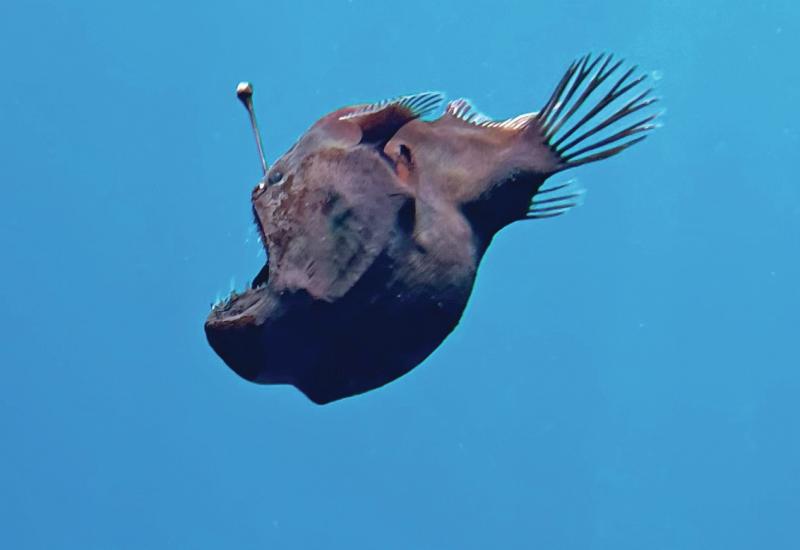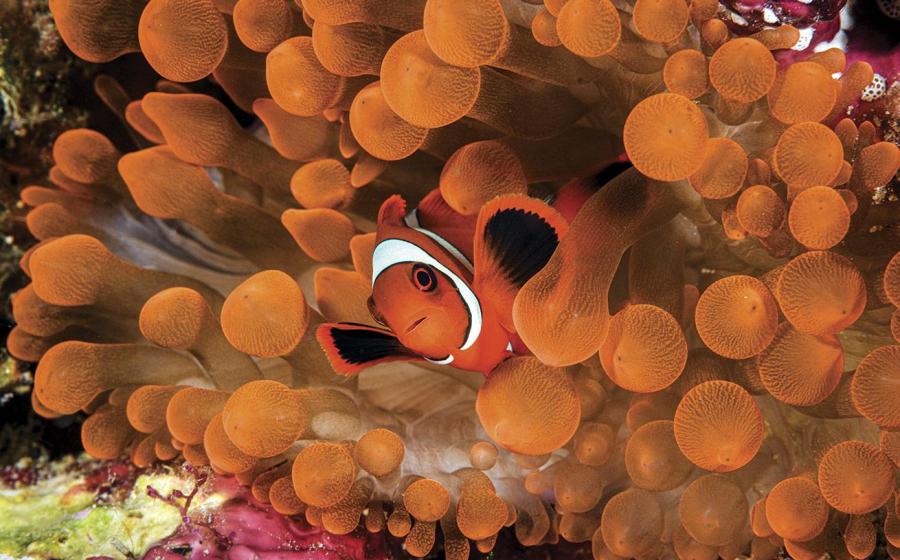Berlin Food Truck Dishes Up Invasive Species Delights

Courtesy FoodFramesAn up-close look at a table from Holycrab! in Berlin.
Fancy a carp sandwich? Or some Chinese mitten crab bouillabaisse with saffron, paired with a raccoon steak? Because all these non-native nuisance animals have landed on the menu at a Berlin-based food truck—called Holycrab!—that focuses on “invasivore” or “plagitarian” dining. Its goal: turning sustainability from a sacrifice into a hedonistic pleasure. The American red swamp crayfish helps that conservation cause along enormously. This Louisiana Cajun staple somehow hitched a ride east and began overpopulating the Tiergarten, the German metropolis’s equivalent to New York City’s Central Park, as well as Britzer Garten. Holycrab! introduced this delicacy to its diners, who nicknamed the firm, tender, succulent meat “Berlin lobster.” The truck has even tempted some vegans into making exceptions for dishes that diminish environmental damage, explains co-founder Jule Bosch. “According to the U.N. (and many, many environmentalists), invasive species are one of the major contributors to the current biodiversity crisis,” she says. “We are all dying out faster than the dinosaurs right now.”
Bosch; her spouse, Lukas; and chef Andreas Michelus started exploring the “harm to table” movement in 2017. Two years later, their classic silver Airstream opened for business. It has since won government grants, and awards for sustainability and culinary excellence. Ironically, the invasivore movement is also an import—just a less disruptive one. University of Vermont conservationist Joe Roman has led this charge with his Eat the Invaders website, which includes recipes for aquatic disruptors from watercress to periwinkles and, of course, those lovely, lacy lionfish. The National Oceanic and Atmospheric Administration calls them the poster child for invasive-species issues in the Western North Atlantic—on par with carp, snakeheads and zebra mussels. They’ve even earned a whole dossier of 45 troubleshooting tips, REEF’s Lionfish Cookbook, now in its second edition.

Courtesy Nino HalmA crab roll sandwich from Holycrab!
Meanwhile, eating for the environmental win just got easier. During lockdown, Holycrab! pivoted away from catering and in-person events. It started producing Krabben-Essenz (broth with crab, tomato and onion)—available in German stores and also online. Note: the company sources all its wild ingredients from local fishers and has them tested for toxins before preparation. As its website says, “From problem to potential: If the plagues are plaguing us, why don’t we just eat them up?”










